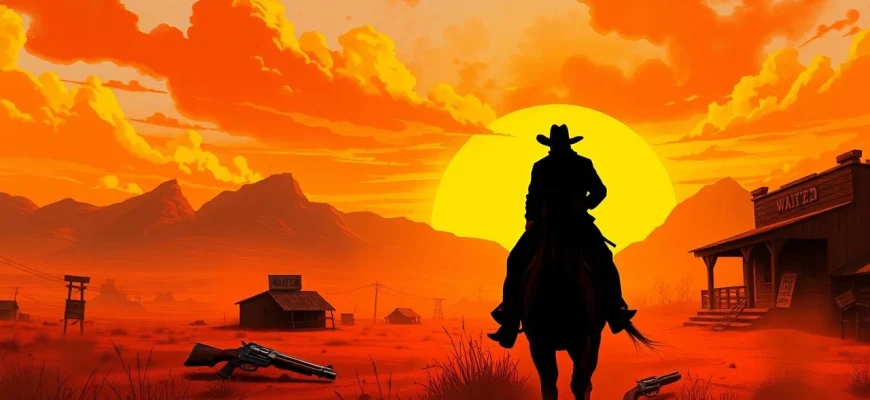If you're a fan of the gritty, action-packed Western 'The Wild Bunch' (1969), you're likely craving more films that deliver the same raw intensity, moral ambiguity, and explosive showdowns. This article highlights 10 movies and TV shows that capture the spirit of Sam Peckinpah's masterpiece, whether through their themes of loyalty, violence, or the fading frontier. Whether you're a die-hard Western enthusiast or just discovering the genre, these recommendations will keep you on the edge of your seat.
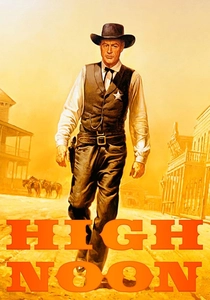
High Noon (1952)
Description: Like 'The Wild Bunch', this film examines themes of duty and honor in the face of certain death. Both feature protagonists who must confront their pasts and make difficult moral choices. The real-time narrative of 'High Noon' creates a tension similar to Peckinpah's slow-building confrontations.
Fact: The film was shot in sequence, almost unheard of at the time. It was seen as an allegory for Hollywood's blacklist era. John Wayne called it 'un-American' for its critical view of frontier justice.
 Watch Now
Watch Now 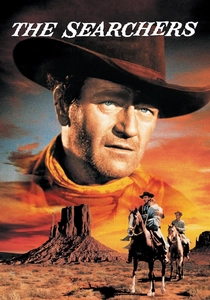
The Searchers (1956)
Description: John Ford's masterpiece, like 'The Wild Bunch', features a protagonist whose violent quest is both heroic and troubling. Both films explore racism and the cost of obsession, with stunning cinematography that makes the landscape a character. Ethan Edwards is as complex and flawed as Pike Bishop.
Fact: John Wayne considered this his best performance. The famous doorway shot at the end influenced countless filmmakers, including Spielberg and Scorsese. Natalie Wood played Debbie, but her singing voice was dubbed.
 Watch Now
Watch Now 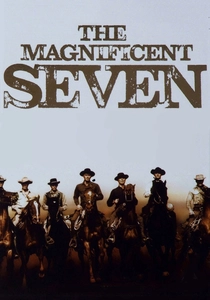
The Magnificent Seven (1960)
Description: Similar to 'The Wild Bunch' in its portrayal of a group of outlaws or mercenaries bound by a code, facing overwhelming odds. Both films explore themes of honor among thieves and the inevitable decline of the Old West. Directed by John Sturges, it features an ensemble cast, much like Peckinpah's film, and showcases intense, well-choreographed action sequences.
Fact: The film is a Western adaptation of Akira Kurosawa's 'Seven Samurai' (1954). Yul Brynner, the lead actor, was also one of the producers. The score by Elmer Bernstein is one of the most iconic in film history.
 Watch Now
Watch Now 
The Good, the Bad and the Ugly (1966)
Description: Another Sergio Leone epic that, like 'The Wild Bunch', features morally ambiguous characters and a stark, violent depiction of the West. Both films use expansive landscapes to emphasize the isolation and brutality of their worlds. The climactic three-way standoff is as iconic as the final shootout in Peckinpah's film.
Fact: Clint Eastwood's 'Man with No Name' character was not originally intended to be the same across Leone's 'Dollars Trilogy'. The film's budget ballooned due to Leone's perfectionism. It was the highest-grossing Italian film up to that time.
 Watch Now
Watch Now 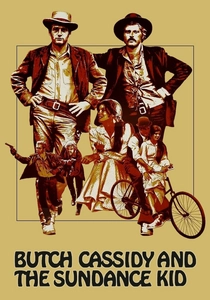
Butch Cassidy and the Sundance Kid (1969)
Description: Released the same year as 'The Wild Bunch', this film also deals with outlaws facing the end of their era. While more lighthearted in tone, it shares themes of camaraderie and the inevitability of change. The chemistry between Paul Newman and Robert Redford mirrors the bond among the members of the Wild Bunch.
Fact: The script was originally offered to Jack Lemmon and Warren Beatty. The famous 'raindrops keep fallin' on my head' scene was almost cut for being too unconventional. It won four Academy Awards, including Best Original Screenplay.
 Watch Now
Watch Now 
Once Upon a Time in the West (1968)
Description: Shares with 'The Wild Bunch' a melancholic tone about the end of the Wild West era, and features complex characters with moral ambiguities. Both films are known for their violent, operatic shootouts and a visual style that emphasizes the vast, unforgiving landscape. Directed by Sergio Leone, it also employs long, tension-building sequences leading to explosive violence.
Fact: Henry Fonda was cast against type as the villain, shocking audiences. The film was a commercial failure initially but is now considered a masterpiece. Ennio Morricone composed the score before filming began, and Leone played it on set to inspire the actors.
 Watch Now
Watch Now 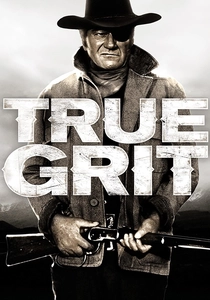
True Grit (1969)
Description: While more traditional in its narrative, 'True Grit' shares with 'The Wild Bunch' a focus on determined characters pursuing justice or vengeance in a lawless land. Both films feature standout performances (John Wayne here, William Holden in 'The Wild Bunch') and explore themes of aging and obsolescence.
Fact: John Wayne won his only Academy Award for this role. The novel's author, Charles Portis, makes a cameo. The 2010 Coen brothers remake is more faithful to the novel.
 Watch Now
Watch Now 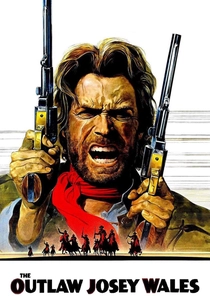
The Outlaw Josey Wales (1976)
Description: Clint Eastwood's direction here shows Peckinpah's influence in its portrayal of a lone outlaw navigating a violent world. Both films feature protagonists who are both ruthless and sympathetic, with a strong anti-establishment tone. The action sequences are similarly intense and well-staged.
Fact: Eastwood took over directing from Philip Kaufman, who was fired. The film was a comeback for Eastwood after a series of flops. Chief Dan George's performance earned him an Oscar nomination.
 Watch Now
Watch Now 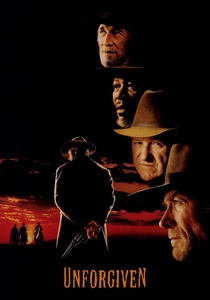
Unforgiven (1992)
Description: Like 'The Wild Bunch', this film deconstructs the myth of the Old West, presenting a gritty, realistic portrayal of violence and its consequences. Both films feature aging outlaws confronting their pasts and the changing world around them. Clint Eastwood's direction echoes Peckinpah's unflinching look at brutality and redemption.
Fact: Eastwood had held onto the script for nearly 15 years, waiting until he was old enough to play the lead. The film won four Academy Awards, including Best Picture and Best Director. Gene Hackman's performance as Little Bill was initially criticized for being too brutal but later praised.
 Watch Now
Watch Now 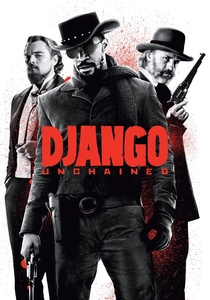
Django Unchained (2012)
Description: Quentin Tarantino's film shares with 'The Wild Bunch' a hyper-stylized approach to violence and a revisionist take on history. Both films feature antiheroes operating outside the law, with a mix of dark humor and brutal action. The ensemble cast and episodic structure also recall Peckinpah's work.
Fact: Jamie Foxx was not the first choice for Django; Will Smith turned it down. The 'Mandingo fighting' scene was based on real historical practices. The film won two Oscars, including Best Original Screenplay.
 Watch Now
Watch Now 
